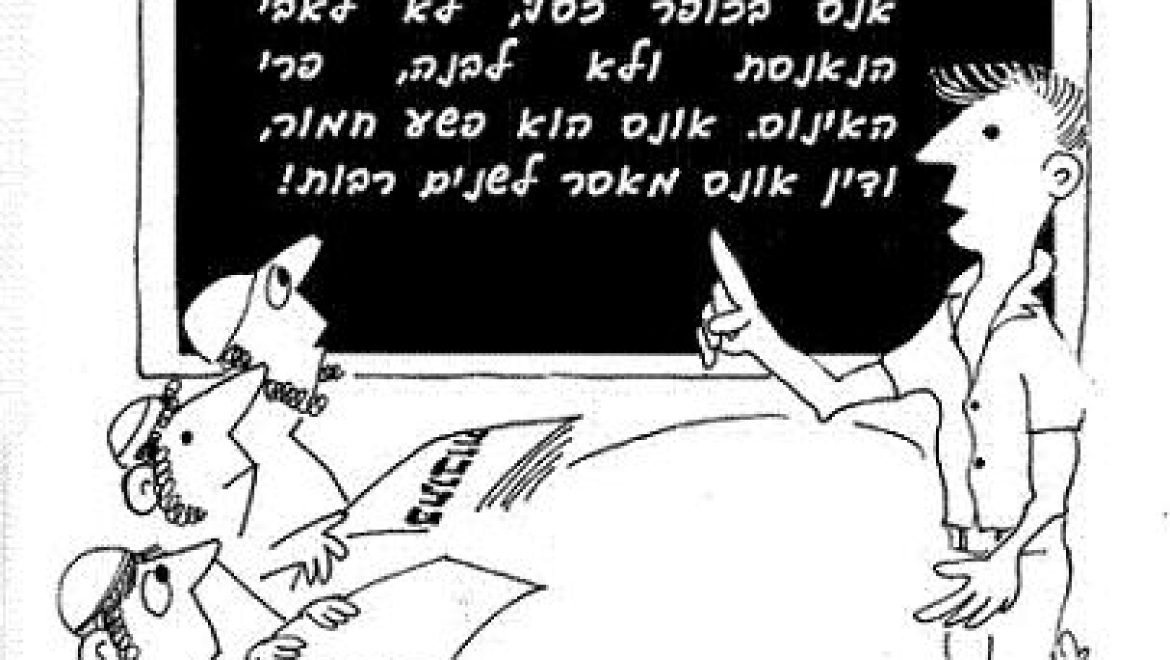
If a man rapes an unbetrothed virgin, according to the Torah he must pay a fine to the girl’s father, for it is written, “If a man find a girl, who is a virgin and is not betrothed, and lay hold of her and lie with her and they be found, then the man who lay with her shall give the girl’s father fifty [shekels] of silver” (Deuteronomy 22:28).
The sages learned, from the word “girl,” that if the woman who was raped is grown, the rapist does not pay a fine. [A girl is defined as one under the age of twelve and a half. From that age she is a grown woman, and under the age of twelve she is a minor.]
The sages discuss a girl who was raped and dies. One sage, Rava, asked to whom the fine must be paid, to her father or to her son. What are the issues under debate? On one hand, the father deserves the money, for the Torah set aside this fine for him. On the other hand, though the virgin was raped while she was still a girl, time passed (had she remained alive) and so the money is due her heir, her son. The scholars asked: how does a girl (aged twelve to twelve and a half) have a son? The sages had ruled that a minor female, until the age of twelve, cannot become pregnant and give birth. One cannot suppose that she became pregnant at precisely age twelve and carried the fetus for less than six months and then gave birth. Because of this the scholars rejected the possibility of paying the fine to the rape victim’s son, for there is no way that she could have a son. They argued that Rava was discussing a different doubtful situation: if more than half a year passed since the girl’s rape and death, and only now is the rapist asked to pay the fine, is he still required to? He might be exempt because the late rape victim would have, by now, grown up. What are the issues under debate? On one hand, the girl was raped and died while she was still a girl, and so he must pay the father. On the other hand, had she remained alive she would now be a grown woman, and the rapist would have to pay her directly. (This question was not resolved.)
(Babylonian Talmud, Tractate Ketubot 38b-39a)
